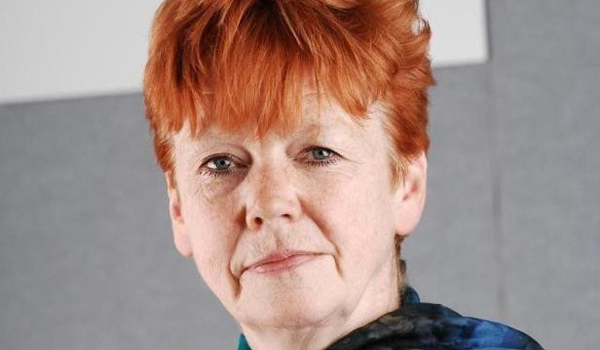Coercive control normalised in young peoples relationships
Forces have been encouraged to improve young peoples understanding of healthy relationships after a study found that more than half have experienced coercive or controlling behaviour.
Forces have been encouraged to improve young peoples understanding of healthy relationships after a study found that more than half have experienced coercive or controlling behaviour.
Research by the Avon Foundation has found almost two-fifths of 16-21-year-old girls think coercion and control has become normalised due to unhealthy portrayals in the media.
Respondents believed that one in four relationships involve coercion and control but 56 per cent reported experiencing this abuse themselves, and 26 per cent said a friend or acquaintance had.
The charity described its findings as the tip of the iceberg, as almost a third of young people said they find it difficult to separate caring and controlling actions.
Dame Vera Baird, chair of the Association of Police and Crime Commissioners, told Police Professional she hopes other forces adopt similar programmes to ones she has run in Northumbria to help young people spot warning signs of non-violent abuse.
Northumbria Police was the first force in the country to train all of its officers in responding to coercive and controlling behaviour and has specialist teams to tackle emerging issues like sextortion.
Dame Vera has also funded a same-age peer educator scheme where young people teach each other about what constitutes domestic abuse, its effects and healthy relationships.
She said: The digital age exposes young people to more dangers and risks than ever before. Unfortunately, controlling behaviours around sexting and sexual bullying have been on the rise for some time now.
We all have a responsibility parents, teachers, police officers, youth leaders and so on we need to help young people make informed choices and learn to respect themselves as well as others.
It`s about spotting signs and knowing where to turn for help and support.
The research, published on Monday (March 6), also highlighted the impact of coercion as half of victims reported that the abuse made them feel intimidated, humiliated or worthless.
A third said that controlling partners have stopped them from socialising or going to work, and 37 per cent would not know where to go for support.
It comes just days after the Government announced plans to make sex and relationship education mandatory in schools to help children better understand the difference between healthy and unhealthy relationships.
The study was launched to coincide with the donation of £2 million by Avon to support female victims of gender-based violence across the globe.
In the UK, the charity will provide Refuge with £250,000 to bolster frontline services.
Andrea Slater, General Manager of Avon UK, said that these figures show coercion and control has become normalised in relationships.
She added: This must be addressed to help young people identify what is and what is not acceptable behaviour.
Too many women one in three globally are experiencing some form of domestic violence.
Avon is calling on our six million representatives, our friends and networks to speak out to better empower women and girls to tackle domestic abuse.
Sandra Horley, Chief Executive Officer of Refuge, said: It is shocking that one in two young women has experienced controlling behaviours from a partner. No man has the right to control and abuse his partner; healthy relationships are based on equality and respect.
Young people must be given a clear message domestic violence is against the law. Everyone has the right to live free from intimidation and coercion.
Making young people aware of the techniques of control can help protect the next generation and create a world free from violence and abuse.


